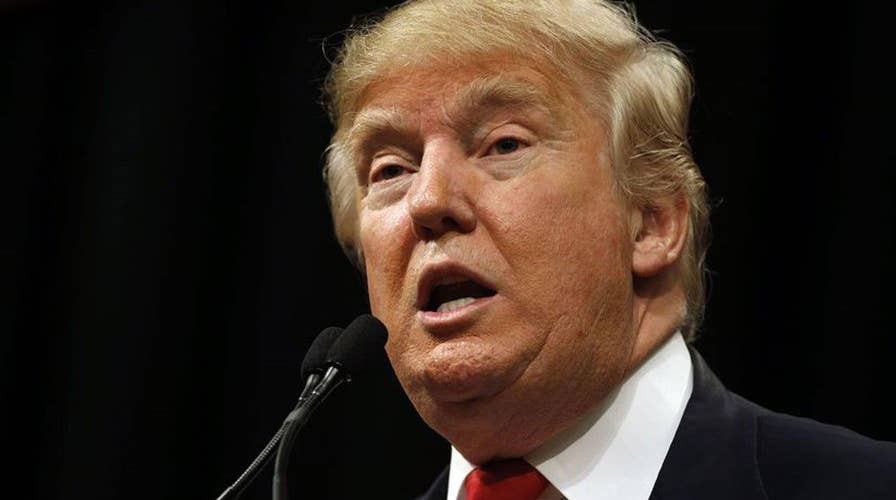There is no longer any doubt that Donald Trump will be close to clinching the nomination by the time he arrives in Cleveland and that only an orchestrated party effort will be able to stop him.
That’s why the debate has been gradually shifting to whether Trump can be deprived of the nomination without blowing the party to smithereens.
Trump emerged from Super Duper Tuesday in a commanding position after taking Florida, knocking Marco Rubio out of the race. Rubio was a press favorite who never quite managed to get traction this year.
Trump lost Ohio to John Kasich, of course, but he is way behind in delegates. And Trump beat Ted Cruz in Illinois and North Carolina, blunting whatever momentum the senator has gotten from his occasional victories.
Trump has now won states as diverse as New Hampshire and Mississippi, Michigan and South Carolina, Ohio and Massachusetts and Nevada. He leads by 20 points in the national polls. And he had a very big day yesterday.
Yet many of the people who run and finance the Republican Party, along with many in the media, are determined to stop him.
Now it’s true that party conventions have rules, and Trump has to play by those rules if by July he has fewer than 1,237 delegates. It’s also true that there is a long history in this country of horse-trading and multiple ballots at the conventions of both parties—although it hasn’t happened since the Ford-Reagan showdown of 1976.
So you are going to hear far more than you ever wished about parliamentary procedures and Rule 40b as the various factions jockey for position.
It seems fairly evident to me that if the guy who won the most states and the most delegates is deprived of the nomination, his supporters are going to be furious. A good number of them may just stay home, and some may even vote Democratic in protest.
That’s why we’re seeing signs of a debate-within-a-debate from pundits who believe a Trump nomination would be disastrous for the GOP. They are laying the groundwork for a last-ditch defense.
Conservative New York Times columnist Ross Douthat takes a whack at this argument, saying the “officially neutral press” will warn about the “bad optics” of denying Trump the nomination and the “backlash” to follow.
“The less-than-democratic side of party nominations is a virtue of our system, not a flaw, and it has often been a necessary check on the passions (Trumpian or otherwise) that mass democracy constantly threatens to unleash.”
Douthat compares Trump to Barry Goldwater and George McGovern, who led their parties to historic defeats, but says The Donald is different because he’s “an authoritarian, not an ideologue.”
“So in Cleveland this summer, the men and women of the Republican Party may face a straightforward choice: Betray the large minority of Republicans who cast their votes for Trump, or betray their obligations to their country.”
Nice bit of footwork there: Yes, the GOP power brokers would anger millions of people who turned out to support Trump, but they have a higher duty to America.
I guess you could say that wheeling and dealing at a political convention is a form of democracy. But it’s a form that many voters could find abhorrent.












































